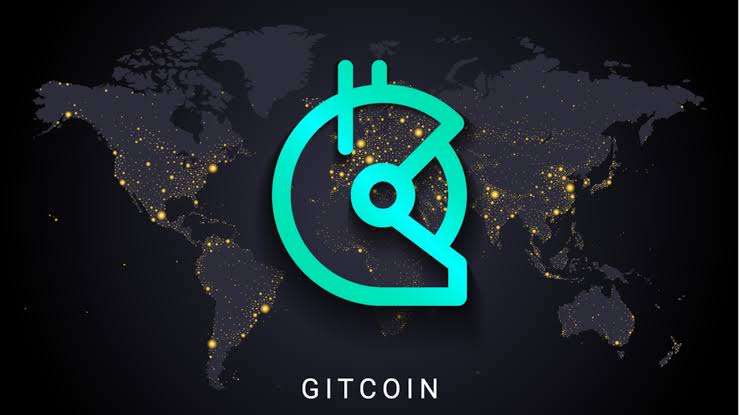
Gitcoin’s Strategic Pivot
Gitcoin’s co-founders, Kyle Weiss and Kevin Owocki, stress the importance of this transition in ensuring the production of high-caliber software.
Gitcoin, a platform for financing open-source software, intends to redirect its attention from public goods funding to improving the grant infrastructure tailored explicitly for the Ethereum ecosystem.
Gitcoin’s DAO Transformation
Since its inception in May 2021, Gitcoin has maintained a relatively horizontal organizational structure devoid of a chief executive officer.
Budgets for workstreams, specialized groups committed to particular duties or projects within an organization, have historically been subject to community voting for approval, a frequently laborious procedure.
However, with time, the DAO has transformed from an impact-oriented entity to a more technology-oriented one. Kyle Weiss, the executive director of Gitcoin, stated in an interview that this was incompatible with the current DAO architecture.
“It was excessively disjointed,” Weiss remarked. “In a DAO environment where all participants are geographically dispersed and render contributions from almost every continent, stability, operations, and software development are of the utmost importance; therefore, a context-aware core group is essential.”
Gitcoin has witnessed the formation of two business divisions following the new reorganization strategy. Coordinating product-specific work will be the responsibility of one unit, whereas a subDAO will handle community and governance matters.
Weiss noted that the organization has experimented with numerous products over the years. He stated that while some have served as diversions, others have contributed significantly to its development.
Much of 2024 will be devoted to grants. Weiss stated, “We wish for Gitcoin to be significantly more associated with grants, whereas our current narrative centers on public goods funding.
This shift occurs because we have transitioned from an impact organization to a technology organization.”
Weiss explained that the DAO will, therefore, transition from independent workstreams to a structure more analogous to a “Labs” organization.
This is a prevalent practice observed in established protocol development teams, analogous to how Optimism functions with OP Labs or Uniswap operates with Uniswap Labs.
“Once we have ensured stability on the software development side, we will assign the DAO tangible work scopes to manage,” he explained.
By granting software development teams more defined decision-making authority and leadership, the community can remain focused on accomplishing results through the grant programs via token voting, according to Weiss.
Weiss stated, “I am uncertain whether token holders are the appropriate individuals to make technological roadmap decisions spanning multiple years.”
Kevin Owocki, co-founder of Gitcoin, concurred with this viewpoint.
“Since it has not been demonstrated that DAOs can develop software, our organizational structure incorporates the Labs team to ensure that we produce the highest-caliber software.”





